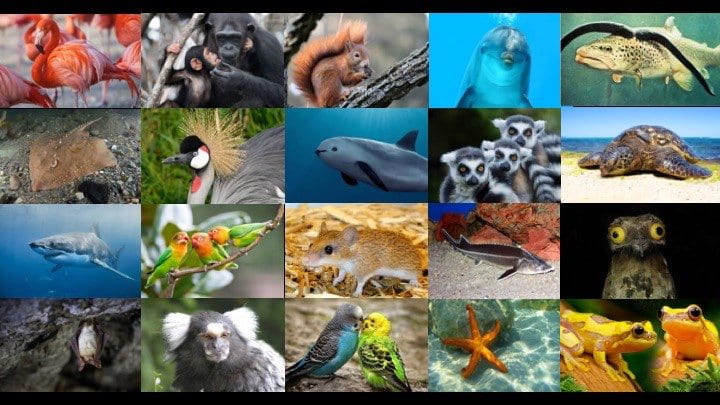Rockefeller University | August 28, 2019
The Vertebrate Genomes Project (VGP) and collaborators are announcing the second data set of the largest number (101) of chromosomal-level genome assemblies of vertebrates towards completing Phase 1 of the VGP, which includes one representative species per vertebrate order or ~260 species. These 101 genomes, most finished or in their final stages of assembly, demonstrate the success of the VGP in utilizing and developing experimental and computational tools for scalability to achieve the goal of producing high-quality, near error-free, and complete chromosomal-level genome assemblies of all 70,000 extant vertebrate species on Earth. The VGP revised the number of vertebrate species upwards from 66,000 since its first data set because of updates in species identification and classifications.
These genomes will facilitate solving problems in biology, medicine, and conservation including studies of life, disease, and biodiversity such as generating a more complete and accurate family tree of vertebrates, deciphering vertebrate chromosomal genome evolution, comparing genomics of convergent traits (i.e., vocal learning, flight, loss of limbs, and aquatic/terrestrial adaptations), and reconstructing the genomes of common ancestors of all vertebrates and of key vertebrate clades (e.g., mammals, birds, reptiles, amphibians, teleost fish and tetrapods).
[ Read more… ]


